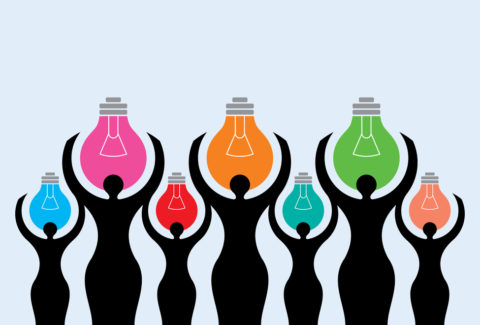Mastering Skills for Impact
In our journey through life as clinicians, the ability to make a lasting impact often hinges on our capacity to master essential skills. Whether in our personal or professional spheres, mastering these skills empowers us to navigate challenges, seize opportunities, and effect positive change in the world around us.
At its core, mastering skills for impact involves a commitment to lifelong learning and growth. It’s about continuously honing our abilities, expanding our knowledge base, and developing new competencies that align with our passions and aspirations. By embracing a growth mindset and embracing the journey of self-improvement[1], we can unlock our full potential and maximize our ability to create meaningful change.
One key aspect of mastering skills for impact is cultivating emotional intelligence[2] and interpersonal skills[3]. This involves developing empathy, communication skills, and conflict resolution abilities, which are essential for building strong relationships, fostering collaboration, and inspiring others to action. By honing these skills, we can navigate complex social dynamics with grace and effectiveness, fostering trust and mutual respect in our interactions with others.
Additionally, mastering skills for impact requires a solid foundation of critical thinking, problem-solving[4], and decision-making abilities. These skills enable us to analyze complex situations, identify root causes, and develop innovative solutions to address pressing challenges. By sharpening our analytical and creative thinking skills, we can devise strategies that drive meaningful change and drive progress toward our goals.
Furthermore, mastering skills for impact entails developing resilience[5], adaptability, and perseverance in the face of adversity. Life is full of unexpected twists and turns, and the ability to bounce back from setbacks and maintain a sense of optimism and determination is crucial for achieving long-term success. By cultivating a resilient mindset and embracing failure as an opportunity[6] for growth, we can overcome obstacles with confidence and emerge stronger and more resilient than ever before.
Ultimately, mastering skills for impact is about harnessing our unique strengths and talents to make a positive difference in the world. It’s about leveraging our skills and expertise to address pressing issues, champion causes we believe in, and leave a lasting legacy that inspires others to follow in our footsteps. By committing to lifelong learning, growth, and personal development, we can unleash our full potential and create a ripple effect of positive change that reverberates far beyond ourselves.
[1] Takehashi, Hiroki, et al. “A Study of the Conceptual Structure of Growth Mindsets and Their Impact on Self‐Improvement Motivation.” Japanese Psychological Research (2023).
[2] Kanesan, Pavitra, and Norsiah Fauzan. “MODELS OF EMOTIONAL INTELLIGENCE: A REVIEW.” e-BANGI Journal 16.7 (2019).
[3] Ruvalcaba-Romero, Norma Alicia, et al. “Positive emotions, self-esteem, interpersonal relationships and social support as mediators between emotional intelligence and life satisfaction.” Journal of Behavior, Health & Social Issues 9.1 (2017): 1-6.
[4] Kirmizi, Fatma Susar, Ceren Saygi, and Ibrahim Halil Yurdakal. “Determine the relationship between the disposition of critical thinking and the perception about problem solving skills.” Procedia-Social and Behavioral Sciences 191 (2015): 657-661.
[5] Aburn, Gemma, Merryn Gott, and Karen Hoare. “What is resilience? An integrative review of the empirical literature.” Journal of advanced nursing 72.5 (2016): 980-1000.
[6] Smith, Shaunna. “Epic Fails: Reconceptualizing failure as a catalyst for developing creative persistence within teaching and learning experiences.” Journal of Technology and Teacher Education 23.3 (2015): 329-355.





